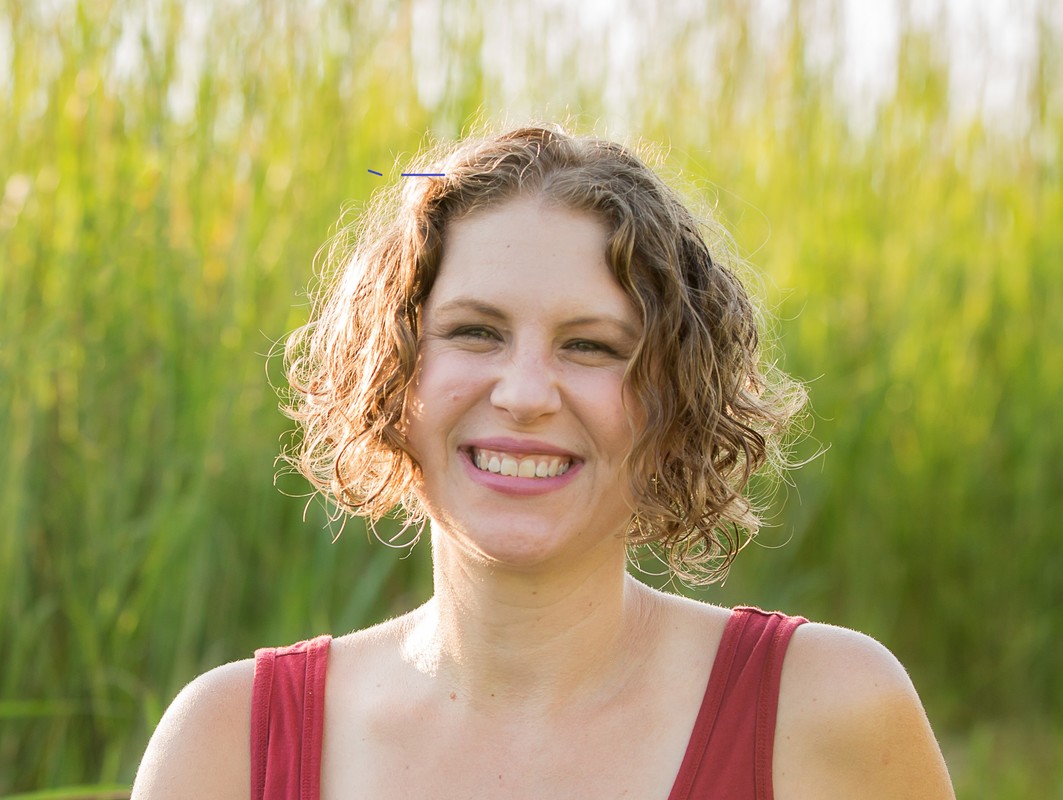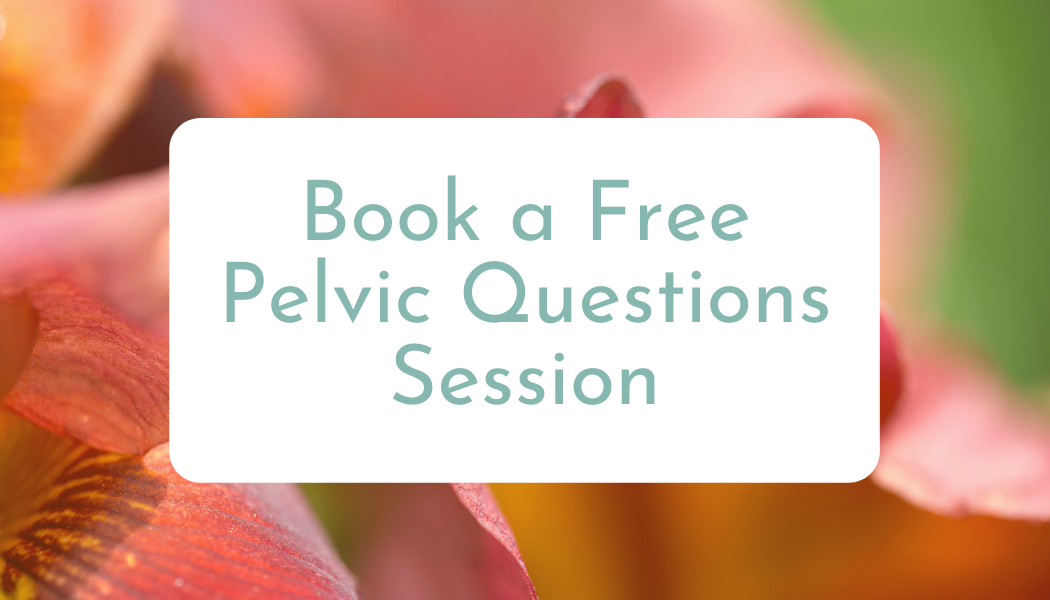Holistic Lifestyling Podcast Season 2 Episode 3 Transcript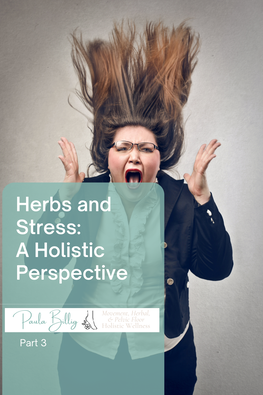 Whether we’re talking about stress or any other body system that can use support, herbal remedies are an important part of a holistic approach to your wellness because how you treat your insides is just as important as how you treat your outsides. In the last episode, I talked about the external things you can do, the activities you can do with your body to influence and improve your stress responses. If you haven’t listened to this, I recommend you download it now and catch up! Today I’m going to talk about the internal things you can do to help manage your stress responses. My focus is on the herbs and the remedies that you can work with, but I do want to mention things like a good diet and drinking more water and taking your multivitamin can also all be parts of these more internal supports. I’m not a nutritionist and I don’t want to go there, so eat well and drink more and follow the good nutrition advice of the professionals! I am, however, an herbalist. Yes, I’m a movement coach and a pelvic floor specialist, and also an herbalist. If this is a surprise to you, then I suggest you check out my season 1 episode 8 where I introduce myself and explain why I’m not a guru! My very first podcast episode, labeled number 00, will also help you understand who I am and how you got here on a podcast about whole body wellness, inside and out. First Things First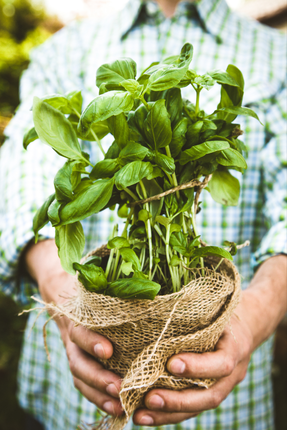 In my capacity as an herbalist, it’s so important to me to say first that plants weren’t invented for our things. Pharmaceuticals were, and they work well in that capacity. But plants are their own complex chemical beings, and it’s more useful to think of them as a friend group. Different people play different roles in your life, but these people also stand alone and have their own lives. Different plants can play different roles in your life, but they can have a very different relationship with another person at the exact same time. Plants don’t exist to solve our health problems. My classic example of this is coffee. You might drink a cup or 2 in the morning. Someone else might live on it, fueling their bleary eyed workday and demanding more of their body and the coffee bean than is reasonable or healthy. On the other hand, I am one of those people who can’t drink coffee at all- it gives me heart palpitations and makes me vibrate like I’m going to stick to the ceiling and I get nauseous right away. Same plant, different relationships with different people. The point is, there’s no “herbs for stress”. What there is, is a group of plants who interact with us and our nervous systems in different ways that end up helping us regulate, resist, and be more resilient to our internal and external sources of stress. When you find a “stress” blend in the tea section at the store or in a tincture bottle at a health food store, or if you sit down with a clinical herbalist who makes specific suggestions or even blends you up a personal formula, the individual herbs in that blend haven’t been randomly chosen- I hope!- simply because they’re “stress” herbs. 3 Categories of Stress Relief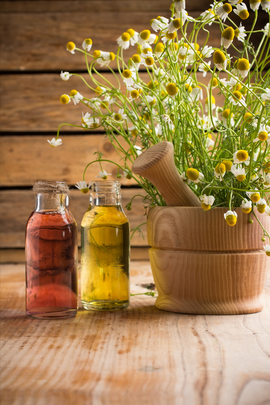 We’ve got 3 basic categories of herbal stress relief-
Let me give you the super short, mini overview: Nervines influence the nervous system.
They were given the name “Adaptogens” by the Russians in the 1950’s and 60’s while they were trying to figure out how to force more work from their workers in terrible conditions. There is some terrible research behind the knowledge we have now, and I believe we can best honor the people who suffered for these experiments by working with these plants in pursuit of recuperation and health, which honors their more traditional understanding, instead of using them to force long work days days and all nighters and those types of personal abuses that were desirable under communism, and are often sources of misplaced pride in today’s grind culture. Adaptogens all act differently- they fall on a spectrum between calming and stimulating, but all of them help improve energy levels. Also, which plants specifically fall under the heading Adaptogen is sometimes up for debate, but that ability to have personal and professional experience and discussions is one of the things I like best about herbalism! Adaptogens you may have heard of include
Tonics or Nutritives are herbs that blur the lines between food and medicine. These are plants that contain very high amounts of things like minerals and other micronutrients that help your body repair and restore itself long term. They are often worked with as teas that steep overnight so they get very strong and concentrated: Now What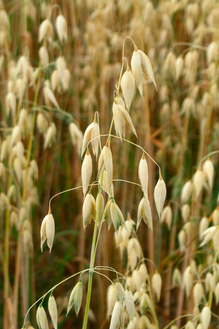 Nervines, Adaptogens, and Tonics- these are 3 groups of herbs that play different roles in helping us resist, recuperate from, and build resilience to our stressful lives. The point of giving you this overview is NOT to make you an expert after a few minutes of a podcast! Rather, I wanted to introduce you to the idea that plants have chemical complexities, almost personalities, and that our familiar, more medical approach of “take 2 and call me in the morning”, that idea that there’s a pill for your condition, doesn’t work with plants. This isn’t to overwhelm you, I’m not suggesting you now have to become knowledgeable about all the possible plants that might help you manage stress better. Instead, what I hope this does is give you an overview about why there are so many ingredients in stress blends, and also why your favorite blend might be different than someone else’s! Finding the herbs that work best with you can be like dating- you might just wade in and start sampling all of them, or you might work with an herbalist who matchmakes FOR you, simplifying and shortening the process! Where to StartIf you are listening to this and now wondering where to start, there’s a couple of simple things you can do first. These ideas are in increasing order of your own personal involvement:
Remedies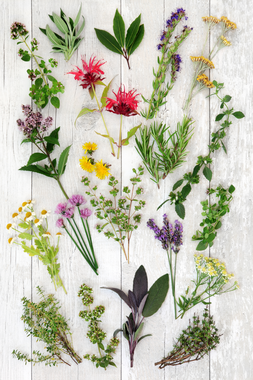 And keep in mind, if you pick an herb to try out- or for that matter, an herbalist to work with- they may not be a good fit. That's perfectly fine. You know more about how they work now, plant or person, and you might be able to suggest them to a friend of yours sometime who they would fit better with. One final note is that I'm mostly talking about tea here because it’s super simple to put hot water on a teabag, and you can find them most anywhere. Tea is one of the easiest starting points to working with plants, but another pretty common remedy you’ll see on the shelves if you go to a fancier grocery store or an independent health food store or maybe an herbalist’s shop or stand at a farmer’s market, is a tincture. This is a more concentrated remedy than tea- usually it’s an alcohol-based extract of the plant. Think of putting vanilla beans in vodka to flavor it, but stronger and with the purpose of extracting the therapeutic benefits of the plants, not just flavor. It might not be alcohol, there are other options like glycerine or vinegar, but the point is these are remedies in little bottles with dropper tops that you take by the drop or the squirt, as compared to tea that you drink by the pint or the quart. You might take the tincture directly in your mouth, or you can add it to other drinks to dilute and disguise the flavor- the instructions will give you direction as to how and how much to take. Because they’re more work to make tinctures are more expensive than teas, but because they’re concentrated they’re also used in much smaller doses so they last longer, and because they're already liquid they’re much easier to work with than tea is. So if you’re feeling like tea is too much work, too many steps with water and containers and hot or whatever is getting in your way, you can venture into the apothecary section of your grocery store or farmer’s market and try tincture-based remedies instead! I’ve mentioned a lot of specifics today that I’ll link in the shownotes and the show transcript when it comes out later this week. I’m trying to give you a broad overview of how to start working with herbs that can help you manage stress on your own. If the idea of sitting down with an herbalist sounds more your speed, or you come to that decision later on, do a local search and see who might be practicing in your local area. If you come up empty then reach out to me and we’ll see if we can find you a good herbal fit.
Listen to Today's Episode
0 Comments
Your comment will be posted after it is approved.
Leave a Reply. |
Fun Fact: I'm an herbalist and a movement coach. Not a doctor, or a pharmacist, and not pretending to be one on TV.
This is a public space, so my writing reflects my experiences and I try to stay general enough so it might relate to you. This does not constitute medical advice, and I encourage you to discuss concerns with your doctor. Remember, however, that the final say in your wellness decisions are always yours- you have the power to choose, you are the boss of you. And, some of my posts may contain affiliate links. If you make a purchase through them I'll earn a few cents. Thank you for supporting my work. This website is provided for educational and informational purposes only and is not medical, mental health or healthcare advice. The information presented here is not intended to diagnose, treat, heal, cure or prevent any illness, medical condition or mental or emotional condition. Working with us is not a guarantee of any results. Paula Billig owns all copyrights to the materials presented here unless otherwise noted. Categories
All
Archives
July 2021
|
|
info @paulaswellness.com |
DisclaimerThis website is provided for educational and informational purposes only and is not medical, mental health or healthcare advice. The information presented here is not intended to diagnose, treat, heal, cure or prevent any illness, medical condition or mental or emotional condition. Working with us is not a guarantee of any results. Paula Billig owns all copyrights to the materials presented here unless otherwise noted. |

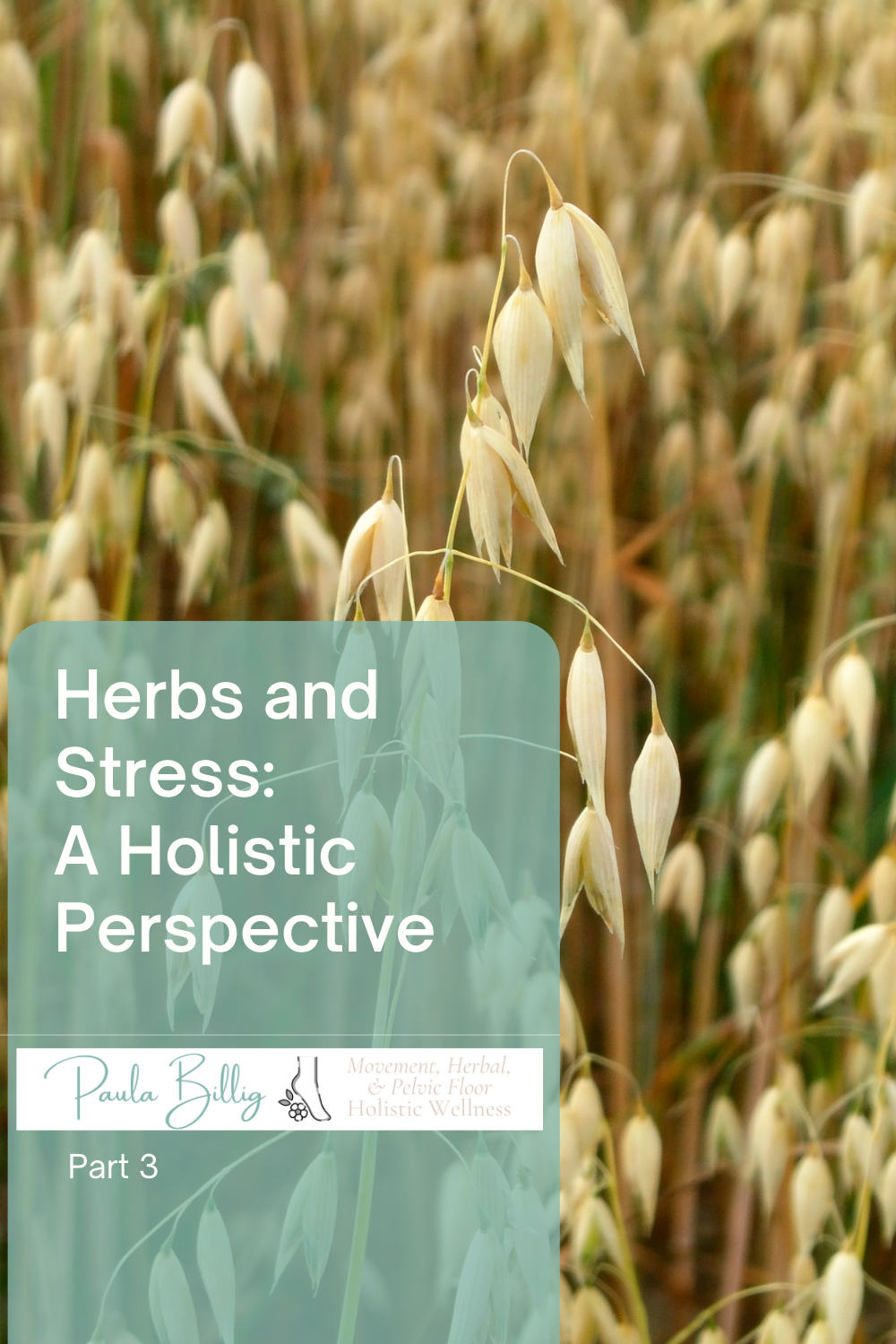
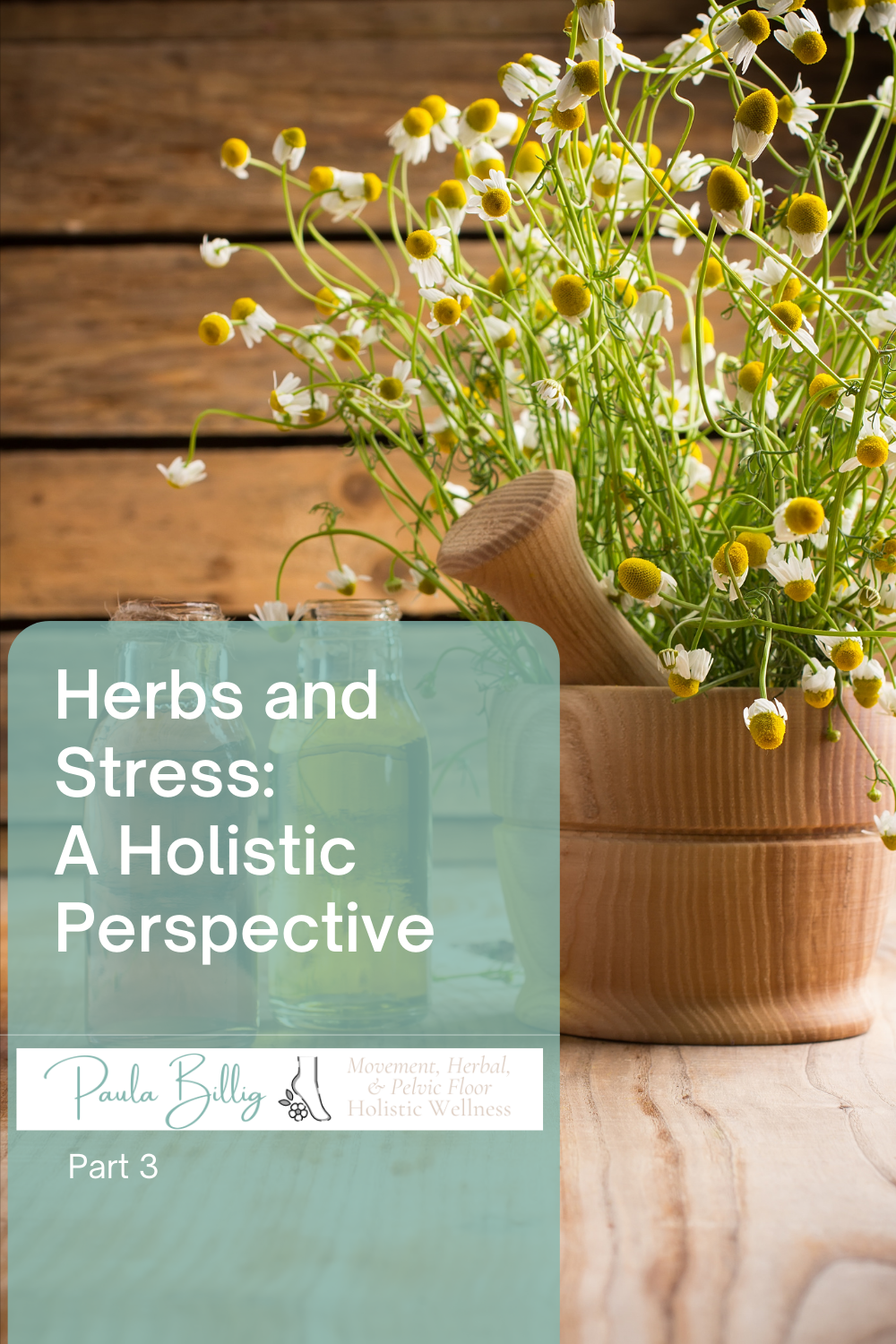
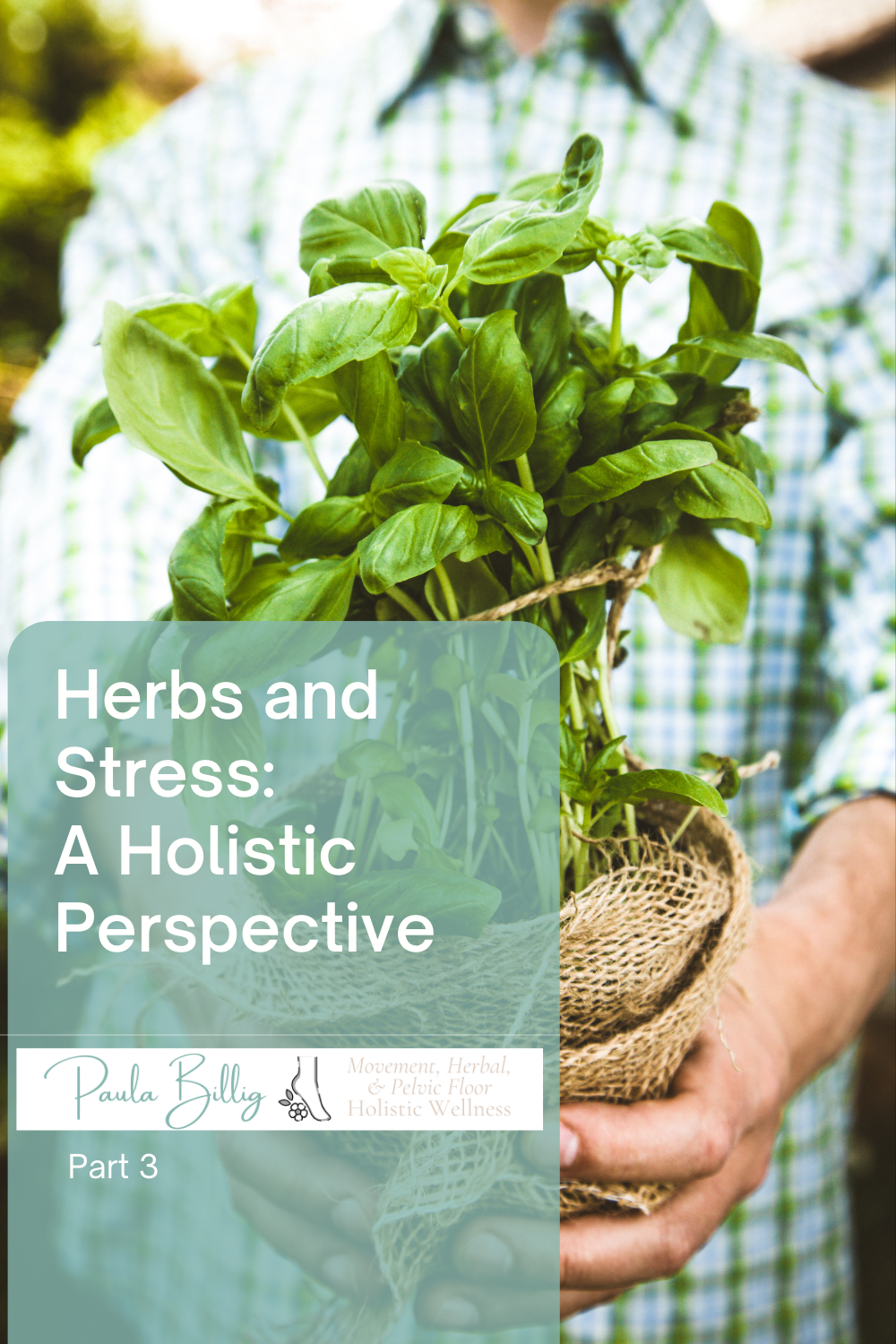
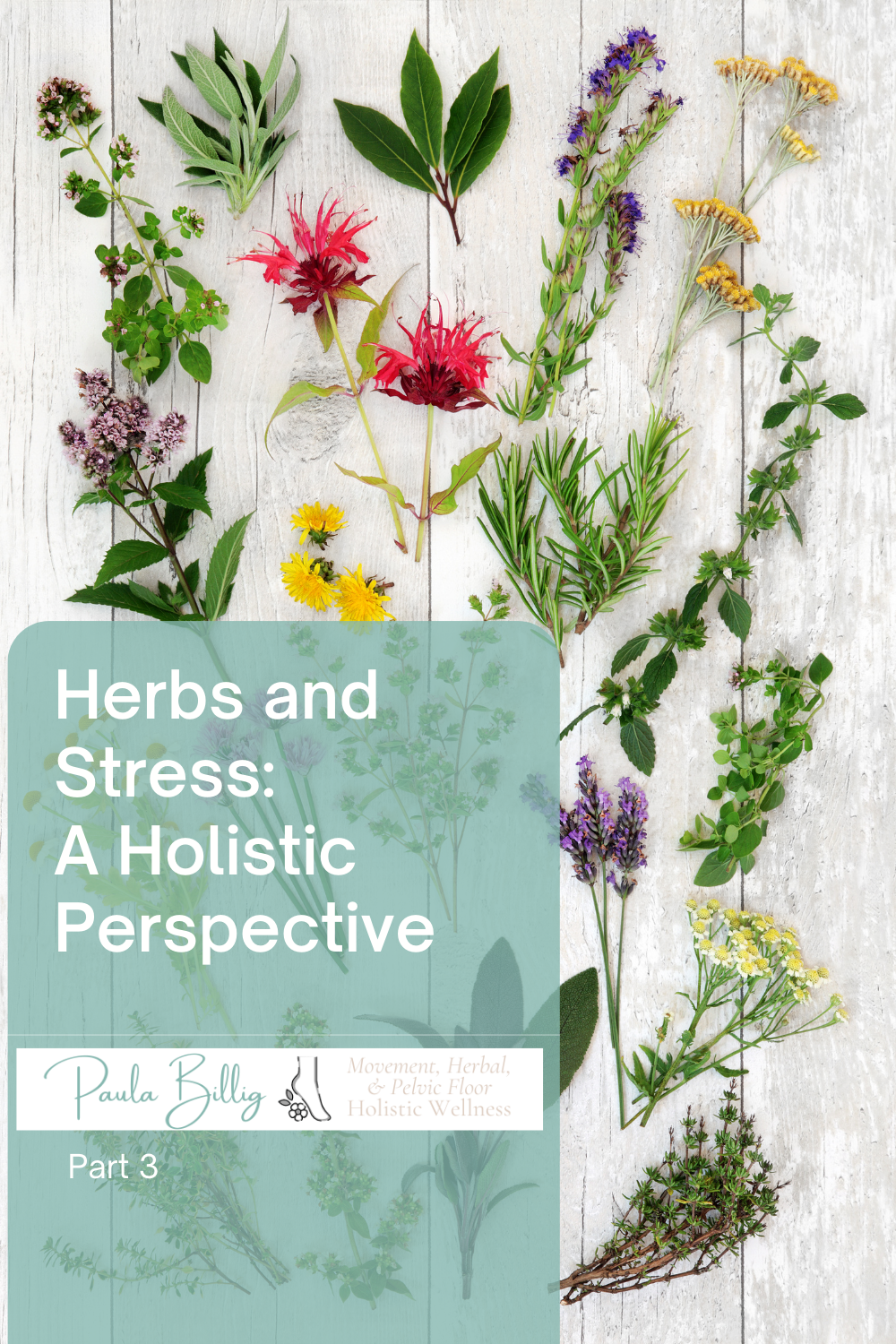
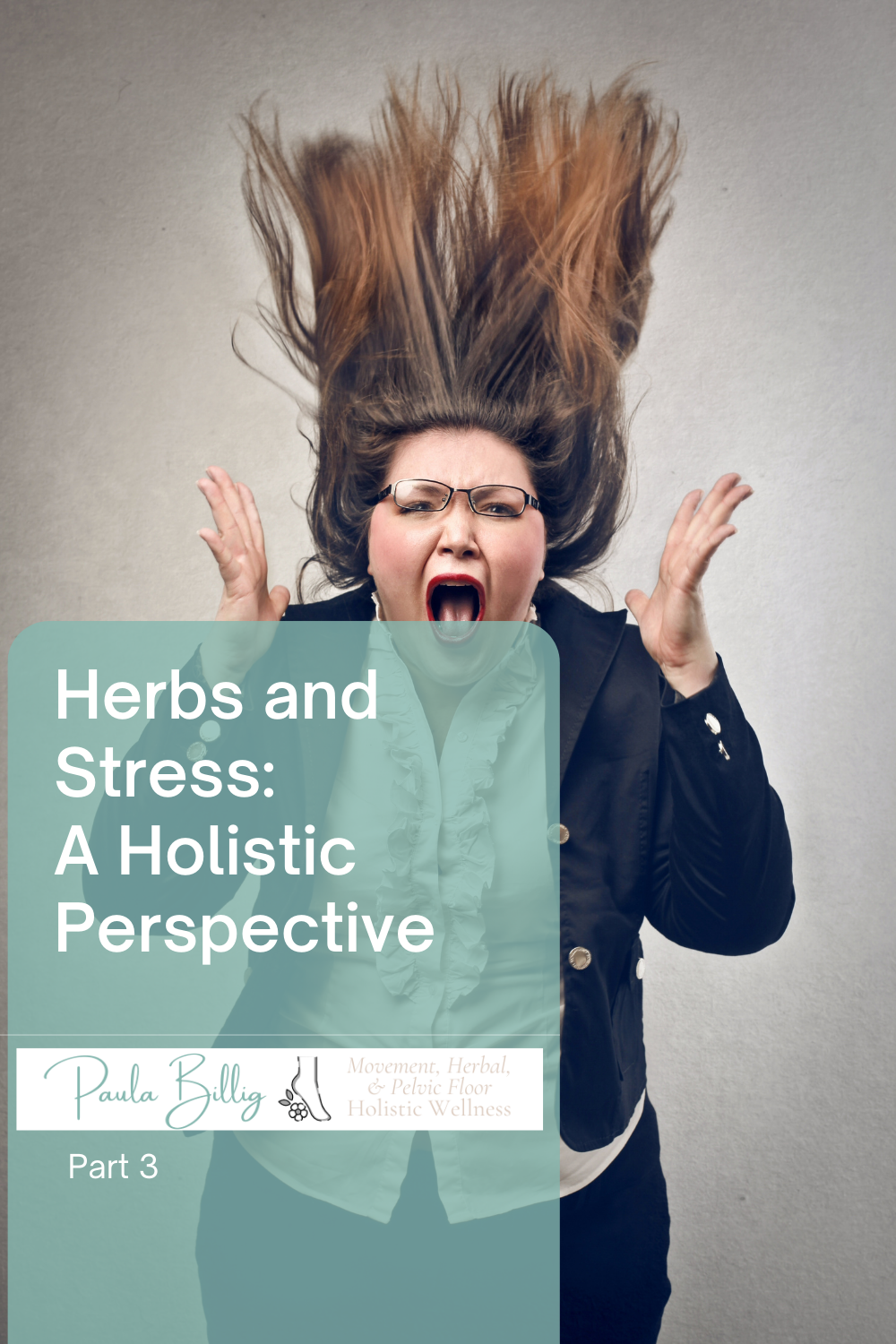
 RSS Feed
RSS Feed
